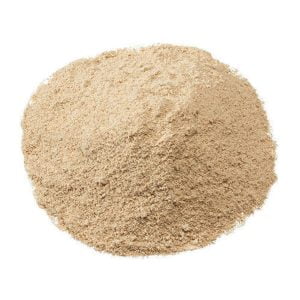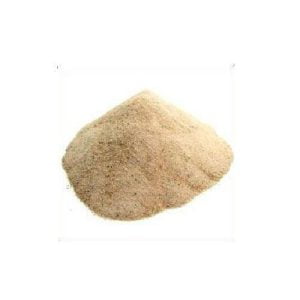Description
Commiphora africana and Commiphora holtziana are two species of resin-producing trees commonly known as Myrrh. Myrrh has been used for centuries in various cultures for its potential health benefits, aromatic properties, and religious or ceremonial practices.
Traditional Uses:
- Traditional Medicine: Myrrh has been used in traditional medicine systems, such as Ayurveda and Traditional Chinese Medicine, for its potential therapeutic properties. It has been traditionally used for its anti-inflammatory, antimicrobial, and analgesic effects.
- Aromatherapy and Perfumery: The aromatic resin of Myrrh is used in aromatherapy for its soothing and grounding properties. It is also used in perfumery for its unique and resinous scent.
- Religious and Ceremonial Use: Myrrh has symbolic significance in various religious and spiritual practices. It has been used in rituals, ceremonies, and as an offering in many cultures.
Potential Health Benefits:
- Anti-Inflammatory: Myrrh contains compounds that have been studied for their potential anti-inflammatory effects. It has been traditionally used to alleviate inflammation and discomfort.
- Antimicrobial: Myrrh has been used traditionally for its potential antimicrobial properties, making it a component of some oral care products.
- Skin Health: Myrrh is used in skincare products for its potential to promote healthy skin, soothe irritation, and support wound healing.
Research and Caution:
- Quality and Sourcing: The quality and therapeutic properties of Myrrh can vary based on the species, region, and processing methods. Choosing reputable sources is important to ensure you’re obtaining genuine and high-quality Myrrh products.
- Consult a Healthcare Professional: If you’re considering using Myrrh for specific health concerns, it’s advisable to consult a healthcare professional, especially if you have existing medical conditions or are taking medications.
- Skin Sensitivity: Essential oils and aromatic compounds can cause sensitivities or allergic reactions in some individuals. Perform a patch test before using Myrrh topically, and discontinue use if any adverse reactions occur.
- Traditional Practices: When using Myrrh for religious, spiritual, or cultural practices, it’s important to approach its use with respect for its historical and cultural significance.
Given the rich history, potential health benefits, and cultural significance of Myrrh, it’s important to approach its use with respect and caution. Whether used for aromatherapy, traditional practices, or health-related purposes, prioritize safety, informed decision-making, and an understanding of the cultural contexts in which it is used.




Reviews
There are no reviews yet.